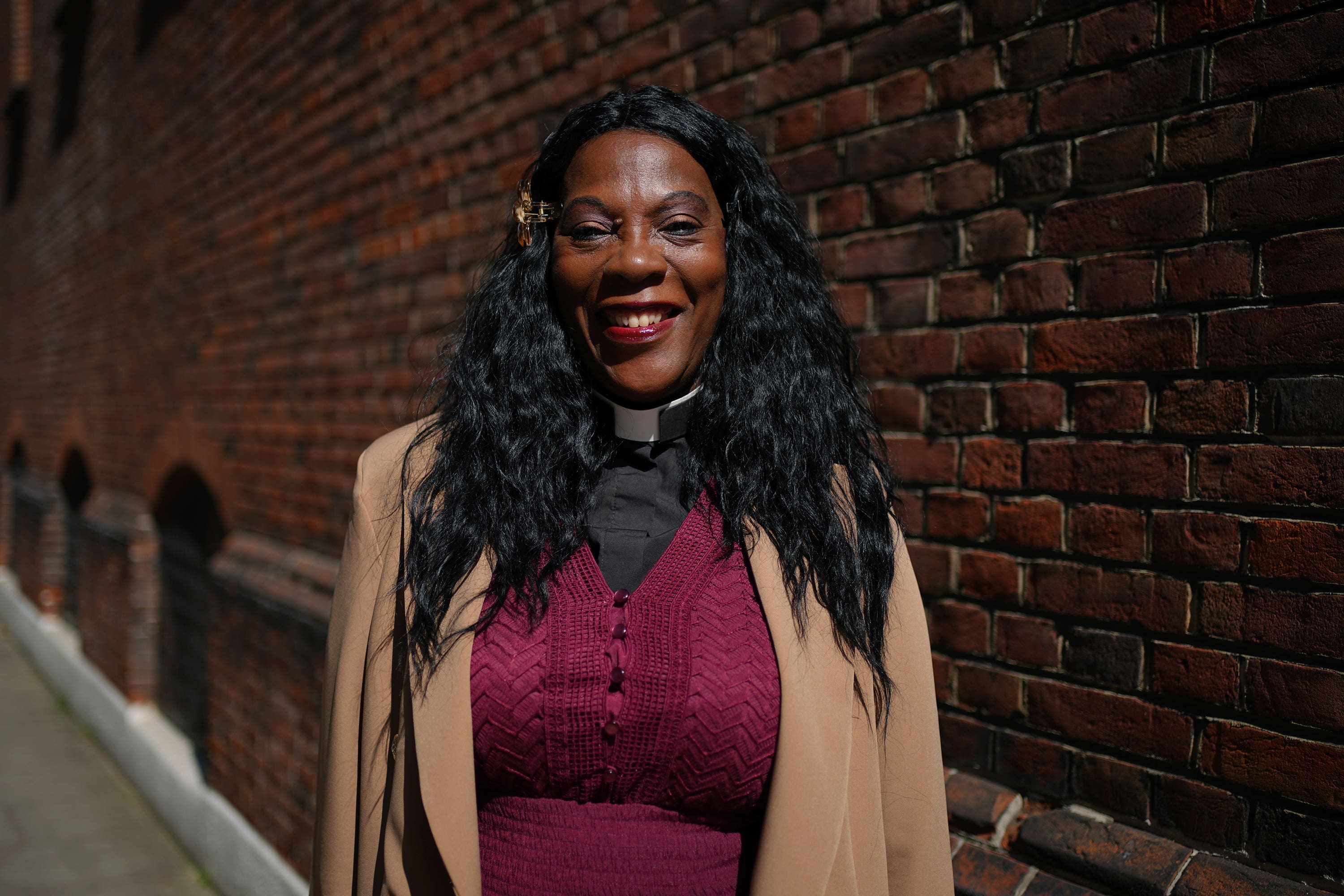Decision to dissolve black female deacon’s parish is ‘indirectly discriminatory’
Reverend Yvonne Clarke was ordained as a deacon in the CoE in 1987 and has served All Saints Shirley, in Southwark Diocese, for more than 20 years.

A decision to dissolve the parish of the first black female deacon in the Church of England is “indirectly discriminatory”, a court has heard.
Reverend Yvonne Clarke was ordained as a deacon in the CoE in 1987 and has served All Saints Shirley, in Southwark Diocese, for more than 20 years.
But cost-cutting proposals by the Diocese of Southwark, approved in September 2021, will dissolve her parish and divide it between two other parishes in south London.
Now an appeal has been brought to the Judicial Committee of the Privy Council by All Saints Spring Park Parochial Church Council (ASSP) and Mrs Clarke against the decision by the Church of England Church Commissioners.
At a hearing on Tuesday, five justices were told the abolition of All Saints Spring Park as a parish will have a “disproportionate impact” on BAME (black, Asian and minority ethnic) people relative to white people, as it is “currently providing a distinctive and beneficial ministry to BAME people in the local area”.
Leslie Thomas KC, for the ASSP, said in written submissions: “There is overwhelming evidence that the congregation at All Saints Spring Park is predominantly BAME, that the parish has a particular outreach to the BAME community, and that the parish’s BAME leadership is important to many BAME people.”
He added: “It is reiterated that the appellants are not submitting that it is essential for BAME congregants to be ministered to by BAME clergy. Nor are they submitting that St John and St George cannot minister to BAME people.
“Rather, their stance is that All Saints, with its current BAME leadership, has developed a distinctive and effective ministry to the BAME community.”
The barrister also claimed at the hearing in London that the Bishop and other Diocesan officials have made “no real effort to work co-operatively with All Saints to resolve its financial problems”.
However, Victoria Wakefield KC, for the commissioners, said in written submissions that church authorities concluded that ASSP was “no longer viable as a parish and was unable to provide effectively for the cure of souls and the church’s mission”, with its financial position “consistently among the worst” of the three parishes.
The ASSP’s case involves a “misguided attempt to render religious functions subject to human rights law”, which would have “wide-ranging, undesirable, and unintended implications for the church”, she added.
And she said the commissioners had “adequate regard to the potential equality impacts” of the scheme.
The barrister said the church at ASSP has “for many years been the worst attended of the three parish churches”, despite having the biggest population.
The court was told training and support had been offered to the parish to help remedy concerns raised and time was given for it to improve matters, according to the commissioners.
Ms Wakefield added that the draft proposals would create “two effective and stable parish units in the Shirley area with no reduction in ministerial provision”, and no “serious alternative”, other than maintaining the status quo, has been put forward by ASSP and Mrs Clarke.
The hearing before Lords Hodge, Sales, Hamblen, Leggatt and Richards will continue on Wednesday with a decision expected in writing at a later date.